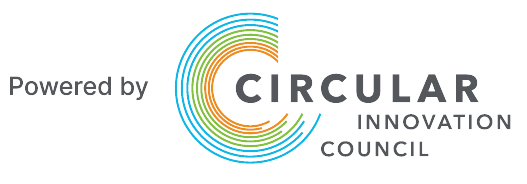Governments around the world have become increasingly interested in fostering the social economy in order to address pressing social problems. One of the ways to do that is through their procurement of goods and services. The public sector represents a significant market. Approximately 250,000 public authorities spend more than 14 percent of the European Union’s €15 trillion annual GDP on procurement. If governments can use social impact as an important criterion in purchasing decisions it can help grow the social economy.
The good news is that there are more and more social economy enterprises for the government to contract with. Social economy enterprises are now active in a range of industries including construction, cleaning, gardening, banking, and utilities. A large number of them provide employment and livelihoods to people who are excluded from the labor market. Others provide additional benefits to society. Many operate in an environmentally sustainable manner.
The Department of Vendee, France, for example, has been employing socially responsible public procurement (SRPP) to provide high quality organic food to students in local schools. During the needs analysis the department identified a potential social enterprise, ADAPEI-ARIA 85, that employed 10 people with disabilities and provided services such as the storage, cutting, cleaning, and packaging of organic food. They were awarded the contract in 2011 under French regulation, then in 2015, using the reserved contract instrument, the contract was renewed for six years. This SRPP deal, valued at €105,000 annually, has achieved two impact goals: to support the continued employment of 10 disabled people; and to promote the consumption of local organic food by providing 1.8 million meals per year to students in 34 schools.
ESTAR, a regional technical and administrative support entity of the government of Tuscany, Italy, used SRPP to achieve two objectives: to promote the participation of small- and medium-size businesses and social cooperatives in public tenders, and to include environmental criteria in awarding contracts for the maintenance of green areas in health care establishments. The tender was divided into 11 lots, of which 8 were reserved for social cooperatives for a total value of €24 million. The winning social cooperatives were members of five federations with which Tuscany had signed a memorandum of understanding for collaboration. By using SRPP instruments the procuring authority succeeded in promoting the work integration of people with disabilities through social cooperatives.
The public sector is not alone in finding ways to use procurement to advance social goals. The private sector is also beginning to embrace this approach, presenting a huge market opportunity to social enterprises. The growing interest by businesses is no longer rooted solely in corporate social responsibility. It reflects a recognition that socially responsible procurement may actually increase a company’s competitiveness in the market, often because of growing consumer demand for such practices.
The COVID-19 pandemic may also offer new business opportunities for the social economy by increasing demand for their offerings from public agencies. During the pandemic, public authorities have relied on social economy and third sector organizations to provide ongoing services to vulnerable populations. In the future, government may even invite these organizations to implement innovative solutions that better respond to changing circumstances.
EU Directives for Public Procurement
SRPP has already gained support from a variety of European governments. In 2014, the European Commission issued directives for public procurement that contained important new provisions for pursuing SRPP. The directives encourage public authorities in EU member states to move away from using price as the most important criterion, and instead use the best price-quality ratio, which takes into account the quality of the product or service, as well as social and environmental considerations.

